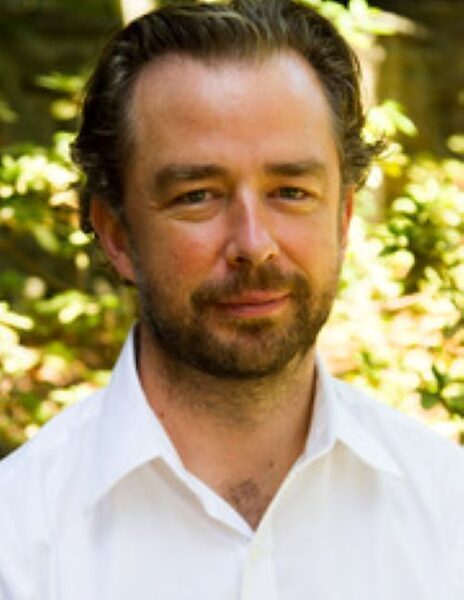[Seminar] Gottesman-Kitaev-Preskill Codes as Subsystems

Date
Location
Description
Abstract:
Bosonic codes encode digital quantum information in continuous variable (CV) quantum systems such as modes of the electromagnetic field. The Gottesman-Kitaev-Preskill (GKP) code is one of the most intensively studied encodings of this type, and has been realized experimentally in both trapped ions and microwave resonators. The recent superconducting experiments are essentially the first ones to demonstrate that using a quantum error correcting code actually reduces noise on a qubit in an experimental setting.
In my talk I will describe the GKP code and these recent experiments. I will then describe my work with Mackenzie Shaw and Arne Grimsmo on a new subsystem decomposition for GKP codes. The decomposition divides the oscillator into a tensor product of a logical qubit with additional degrees of freedom that can be measured to determine and correct for the effect of errors. The specific choice of decomposition has the defining property that a partial trace over the non-logical subsystem is equivalent to an ideal decoding of the logical state.
The stabilizer subsystem decomposition can be applied to all multi-mode qubit or qudit GKP codes (including concatenated codes), and the description can be updated to incorporate the action of logical Clifford gates on the state. Besides providing a convenient theoretical view of GKP codes, such a decomposition is also of practical use: we use the stabilizer subsystem decomposition to numerically simulate GKP codes subject to realistic noise such as loss and dephasing and to provide new analytical estimates for the noise in these cases. In contrast to more conventional Fock basis simulations, the numerical methods we develop are more efficient the closer the state is to an ideal (infinitely squeezed) GKP state, allowing us to study codes with arbitrarily large photon numbers.
Biography:
Professor Doherty is recognised internationally for his innovative contributions to theoretical physics. He is one of the pioneers of the field of quantum control and has made seminal contributions to quantum information theory. In quantum control, he was the first to apply ideas from classical control which is ubiquitous from aircraft to precision measurement to the science of quantum systems. This work was a very early forerunner of the current experimental and theoretical programs in the control of quantum systems. Professor Doherty's work emphasised that adaptability and feedback would be essential to any quantum technology and was ahead of its time in emphasising the need to begin engineering quantum systems. Professor Doherty is well known for his extensive collaborations with experimentalists in wide range of systems from quantum optics, including cavity QED and optomechanical systems, to condensed matter, including circuit QED and semiconductor quantum dots.
PhD Uni Auckland New Zealand 2000
Subscribe to the OIST Calendar: Right-click to download, then open in your calendar application.



